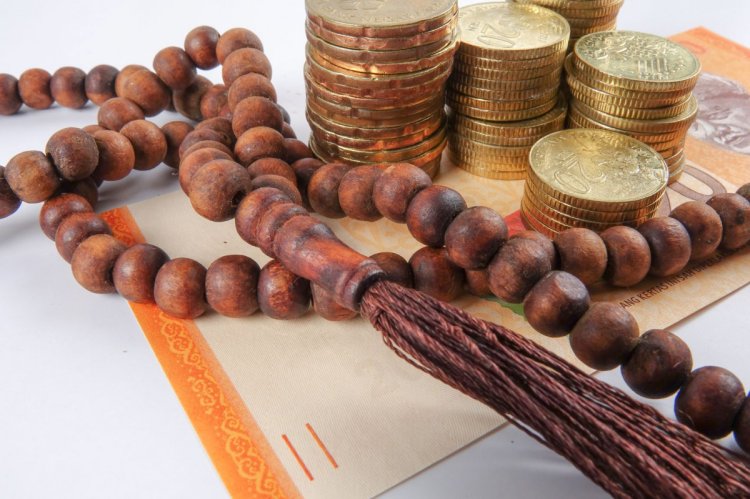Why do Islamic banks resort to the global bond market?

Islamic banks operating in the Arab region have recently turned to issuing dollar bonds and sukuk to expand the scope of financing and benefit from global markets.
Several Islamic banks have recently issued dollar bonds and sukuk, aiming to maintain foreign liquidity to enhance their financing capacity, without relying entirely on capital to pay off outstanding debts, or eroding the bank’s financial liquidity.
Emirati Islamic banks raise $1.2 billion in bonds
On July 11, 2023, Abu Dhabi Commercial Bank and Abu Dhabi Islamic Bank, two UAE banks, raised about $1.25 billion combined from the sale of Islamic sukuks and conventional bonds.
According to Reuters at the time, Abu Dhabi Commercial Bank offered $500 million in five-year unsecured bonds at 120 basis points above US Treasury bonds.
Barclays Bank, Deutsche Bank, Emirates NBD Capital, J.P. Morgan, Mizuho Bank, and Abu Dhabi Commercial Bank itself were assigned the role of joint bookrunners in selling the bonds.
Abu Dhabi Islamic Bank takes advantage of the market recovery
A banking document shown to Reuters at the time showed that Abu Dhabi Islamic Bank took advantage of the market situation and issued perpetual Islamic sukuks worth $750 million with a return of 7.25%. The additional sukuks are first level and non-callable for a period of five and a half years.
The yield fell significantly from the indicative price of 7.875% after the volume of orders exceeded $7 billion, indicating strong demand from investors.
Al Rajhi Bank raises one billion dollars
At the same pace, on March 29, 2023, Al Rajhi Bank of Saudi Arabia, the largest Islamic bank in Saudi Arabia, was able to price the first 5-year sustainable sukuk worth $1 billion (3.75 billion Saudi riyals) at a profit rate of 4.75% annually.
According to a statement at the time, Al Rajhi Bank’s first issuance of sukuks represented the bank’s first operation in international capital markets in US dollars after the successful closing of two local issues in Saudi riyals in 2022.
The reason for issuing the bonds
Al Rajhi Bank said at the time that the proceeds from the issuance will be used to enhance Al Rajhi Bank’s liquidity and support the growth of the bank’s business, especially on the green and social levels, which are in line with the Net Zero goals and Vision 2030 set by the Kingdom of Saudi Arabia.
The bank stressed its commitment to sustainable financing, its aspiration to diversify its financing strategy, and its support from local and international investors as part of the large participation it received during the marketing process for these sukuks.

Banque Saudi Fransi bonds
At the same pace, at the end of November 2022, Banque Saudi Fransi announced the end of its offering of US dollar-denominated bonds within the medium-term bond program, worth $700 million.
The bank said in a statement on the Saudi Tadawul at the time that the bond’s return was 5.5% per year, with a maturity period of 5 years.
Reasons for banks issuing dollar bonds
Egyptian banking sources said in press statements that the issuance of dollar bonds aims primarily to attract investors from global markets and relieve pressure on the bank’s capital, and that the bonds are a debt of the issuing party.
The sources stated that when an investor buys a dollar bond from a bank, he has agreed to lend a certain amount of money to this bank for the purpose of paying debts and obtaining a return when the specified due date arrives, or to pay specific amounts of the return on fixed dates every three days, or Six months, or a year, and this return is in return for the issuing party’s use of the investor’s money in the bond.


 Shrouq
Shrouq 












